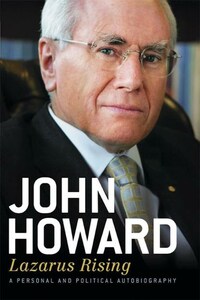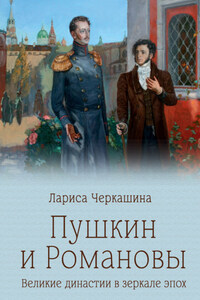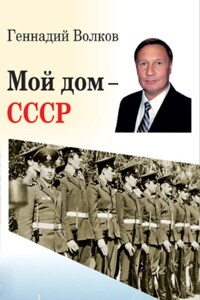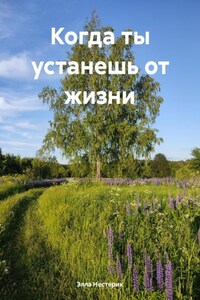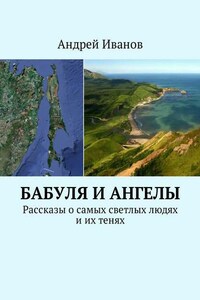To my parents, who gave me the values and determination I took into public life
To John Carrick, my mentor, from whom I learned more about politics than anyone else
To my family, whose love and support sustained me through my years in parliament and government
Towards the bottom of William Street, Earlwood, in the 1940s there was a paddock; it was next to a baby health centre. Later, the paddock disappeared when a library and new baby health centre were built. Near the end of 1949 that paddock was a hive of activity as the nerve centre of the local efforts to re-elect Daniel Mulcahy as Labor member for the division of Lang, in the federal parliament. The Howard household, at 25 William Street, lay diagonally opposite this paddock. Mulcahy was the first member of parliament I had consciously set eyes on. He wore a three-piece suit and smoked a pipe.
The Labor campaign team for Lang had put up a temporary shed on the paddock. Plenty of people, mainly men, came and went, picking up leaflets and generally looking very busy. This was my first contact with local grassroots election campaigning. Although the suburb of Earlwood then produced a Liberal vote of about 45 to 50 per cent, the Labor Party never had much trouble in holding the seat; the other suburbs in Lang, like Campsie, Canterbury and Belmore, were very solidly Labor.
I knew nothing about Mulcahy other than what my mother told me: he lived in Darling Point, in Sydney’s wealthy eastern suburbs, owned a number of hotels and by reputation was one of the most affluent MPs in the parliament.
I once saw him speaking outside the Earlwood Hotel. Later I heard Liberal supporters say that he only turned up at election time, shouted the bar and on the strength of that got re-elected. I am sure that this was quite unfair, and that he was probably a conscientious member, but that was the typecasting of political opponents.
That Labor shed really interested me. I would stand on the edge of the paddock looking at it and the campaign workers milling around. They gave the impression of doing something important. Observing it began a lifelong fascination of mine with politics. This book is my story of that fascination, my career in Australian and world politics and a commentary on the changes in Australian society and national life during the 60 years which have passed since I first gazed at that shed.
Any narrative of politics must include the shaping and implementation of policies which influence the direction of a nation and as well the constant interaction of personalities, particularly within political parties. The regular swirl of ideas, ambition and egos inevitably produces rivalries and, in some instances, alienation.
In this book I explore the public policy issues I grappled with as a member of parliament for more than 33 years. In addition, I endeavour to deal objectively with the key relationships of my years in politics, the difficulties in them as well as the generosity, loyalty and decency which they involved.
Mum and Dad were born at the tail end of the 19th century, my father in 1896 and my mother in 1899. As such, their lives were forever shaped by the three historic tragedies of the 20th century — World War I, the Great Depression and World War II. To this day I marvel at the stoicism of a generation which coped with the trauma, deprivation and sadness of those epic events, but still kept intact the cohesive and optimistic society which later generations were to inherit.
The American journalist Tom Brokaw called the generation which came of age during the Great Depression and World War II the Greatest Generation, and that phrase has resonated powerfully amongst Americans. That same generation of Australians also is owed an immense debt of gratitude by mine and later generations for what they endured for Australia. In Australia, however, the description of the Greatest Generation would have to belong to the generation before the one of which Brokaw wrote. That was my parents’ generation, because it directly experienced the impact of World War I.
